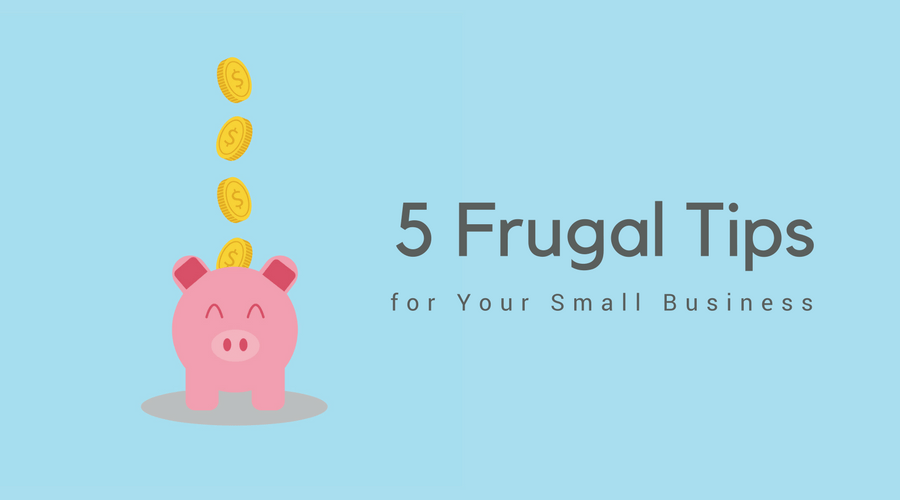What Kind of Loan Can I Get for My Small Business?

When you’re starting a business, you need money, and sometimes you need a little help getting it. Maybe you ran into some unexpected expenses, you have to pay your manufacturer, or you need a little help to get off the ground. If you plan to take out a loan to get the money, keep reading to learn eight types of loans to consider.
1. SBA loan
An SBA loan is a long-term, government-guaranteed loan. Because the Small Business Administration is guaranteeing the financing, lenders can offer a lower interest rate than if you went to a bank.
Consider an SBA loan if you want a lower interest rate than what the bank offers or don’t qualify for a bank loan.
2. Term loan
A term loan is like a traditional bank loan. You’re lent a fixed amount of funds upfront. Then, you pay that back plus interest over a set amount of time.
Term loans are great if you need the money to grow or expand your business.
3. Line of credit
With a line of credit, you can borrow up to a maximum amount. You can use the money as you need it, but you only pay interest on the amount you actually borrow.
Consider opening a line of credit if you need help paying short-term expenses.
4. Equipment financing
Equipment financing helps you buy the equipment you need for your small business – whether that’s computers or machinery.
Because you’ll use the equipment you’re buying as your collateral, equipment financing is a great option if your credit score isn’t high. Read also: Do You Have a Good Business Credit Score? Use These Tips to Keep It That Way
5. Invoice financing
If you have outstanding invoices and need steady cash flow, you can sell those invoices to a lender. The lender gives you a portion of the invoice amount and holds onto the rest until your customer pays the invoice. Think of it as a cash advance. Read also: 13 Tips for Getting Paid on Time
Invoice financing is great if you have a solid customer-base but need steady cash flow.
6. Short-term loan
Short-term loans are typically paid back within 18 months or less.
Short-term loans can provide a little extra cash to get you going.
7. Merchant cash advance
If you accept credit cards, you may qualify for a merchant cash advance. A financing company gives you capital in exchange for a percentage of your daily credit card sales and a fee. You’ll pay less during slower weeks because you won’t have as many credit card sales. Read also: Are You Accepting Credit Cards? Follow These 25 Best Practices
Consider a merchant cash advance if you need some extra cash but want to pay based on ability.
8. Personal loan for your business
If your business doesn’t have any financial history yet, but you have a good personal credit score, then a personal loan for your business might be the way to go.
How to prepare for the loan application
Every loan will have different application criteria, but there are some steps you can take no matter the type of loan:
- Determine why you need the money. Knowing why you need the cash will help you determine what kind of loan is best and how much money to request. Consider whether you need money to start your business, manage daily expenses, or grow your company.
- Find the right loan. After you’ve determined why you need the money, start comparing your options. Choose a loan-type that fits your needs and your financial history.
- See if you qualify. Review the loan requirements to see if you’ll even be considered for the loan. Look at your personal credit score, your business credit score, how long you’ve been in business, how much money your company earns each year, and whether you can afford the loan payments.
- Gather everything you need for the application. Each loan will require different documentation, but you might need personal tax returns, business tax returns, personal bank statements, business bank statements, financial statements, and legal documents.


